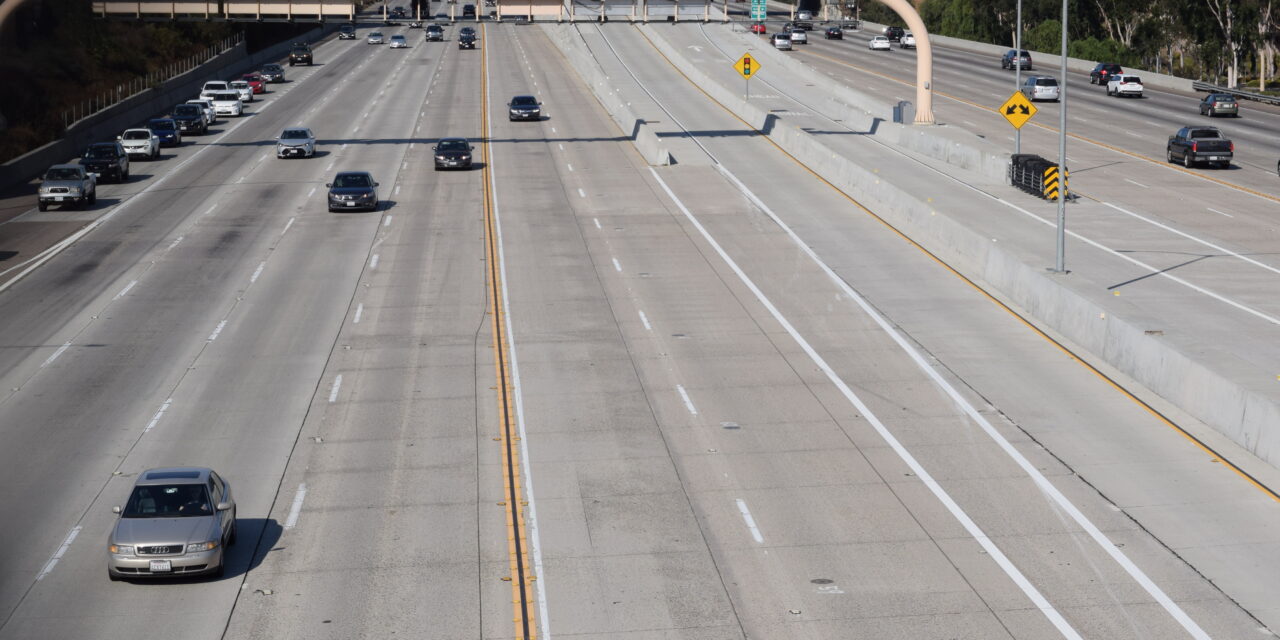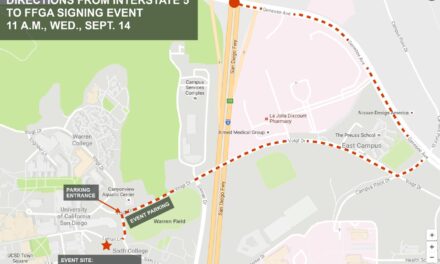ESCONDIDO–April is National Distracted Driving Awareness Month and the Escondido Police Department will be joining law enforcement agencies statewide stopping drivers who violate California’s hands-free cell phone law.
On April 1 and April 29, the Escondido Police Department will have additional officers on patrol looking specifically for drivers on their phones.
Last year, The Escondido Police Department issued 955 citations to drivers texting, calling or performing another function on their phone. Distracted driving is dangerous, especially when it involves a cell phone. According to preliminary data from the California Highway Patrol (CHP), 66 people were killed and more than 6,500 injured in 2017 from distracted driving-related crashes.
“Speeding as well as alcohol and drug impairment account for most of the driving accidents and now we can add distracted driving to that list,” said Escondido Police Department Chief Craig Carter. “If we would all put our phones down and just focus on driving, we would make the roads considerably safer. Please make a concerted effort not to use your cell phone while driving so that we can all make it to our destinations safely.”
A 2018 observational survey by the California Office of Traffic Safety (OTS) on driver cell phone use found about 4.5 percent of drivers are still using their cell phone illegally, a nearly 27 percent increase from 2017.
Under the most recent cell phone law that went into effect in 2017, drivers are prohibited from having a phone in their hand for any reason and can only use their phone in a hands-free manner. The phones must be mounted on the dashboard, windshield or center console, and can only be touched once with the swipe or tap of a finger to activate or deactivate a function. First-time offenders face a $162 fine.
If you need to make a call or text someone, pull over and park at a safe location. Struggling to stay off the phone while driving? Put your phone in a place you can’t reach, like the backseat or trunk.
Funding for distracted driving enforcement operations are provided by a grant from the California Office of Traffic Safety, through the National Highway Traffic Safety Administration.



